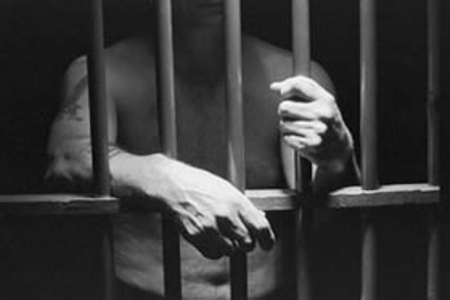Poor People: The Justice System's Cash Crop

Talking to people of privilege, about privilege, when you yourself enjoy pretty much all of the privilege, is tricky business. They want to question your motives, paraphrase you, discredit you, and so on...
There's still plenty of reason to do it, though. One notable aspect of the privilege that men like John Scalzi, Stephen Colbert or Howard Zinn enjoy is some protection from potential backlash. When you look and sound like the very privilege you're railing against, you're less likely to be dismissed.
You still get some backlash, some criticism and some trolling, but you can say more and get away with more simply by virtue of your skin tone, income and gender.
Just from what I've seen of him, I want to put Matt Taibbi in that camp too. In his new book, The Divide, he picks the American system of criminal justice apart and illustrates its treatment of the poor as a sort of renewable resource.
You know, like the logging industry treats forests.
Granted, he doesn't touch on exactly why it is the way it is - the interview doesn't focus on causation - but he does provide a lot of concrete data to make the case that poor people are basically prison fodder once they step into the courtroom: